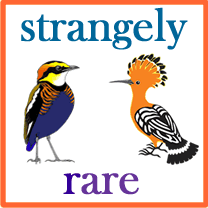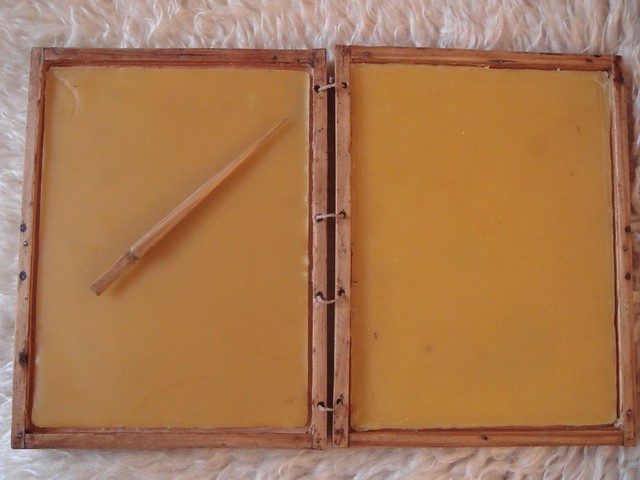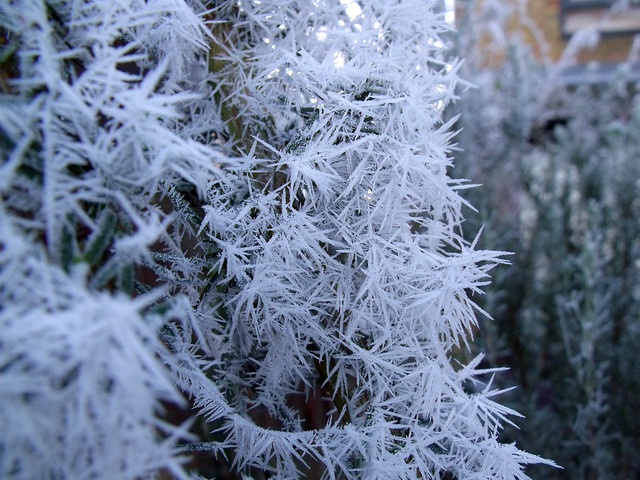The word inauguration seems an appropriate one to investigate today. According to Wiktionary, it means “The act of inaugurating, or inducting into office with solemnity; investiture by appropriate ceremonies.” or “The formal beginning or initiation of any movement, enterprise, event etc.”.
Inauguration comes from the Middle French inauguration (installation, consecration), from the Latin Latin inaugurātiō (consecration or installment under good omens), from the Latin inaugurāre (to take auspices, take omens from the flights of birds, divine, consecate, install), from in (in, on) and augurō (to prophesy, interpret omens), from augur (augur, soothsayer) [source].
The origins of augur are uncertain – it might come from avis (bird) and garrire (to talk). As augury involved observing the flight of birds and divining omens from it, this makes sense. Alternatively it might come from the Old Latin *augus (increase) [source].
Incidentally, a soothsayer – one who predicts the future using magic, intuition or intelligence – originally meant one who tells the truth. It comes from sooth an old word for truth, augury, blandishment or reality, and sayer, one who says or makes announcements or a crier [source].
Here’s an audio version of this post.










